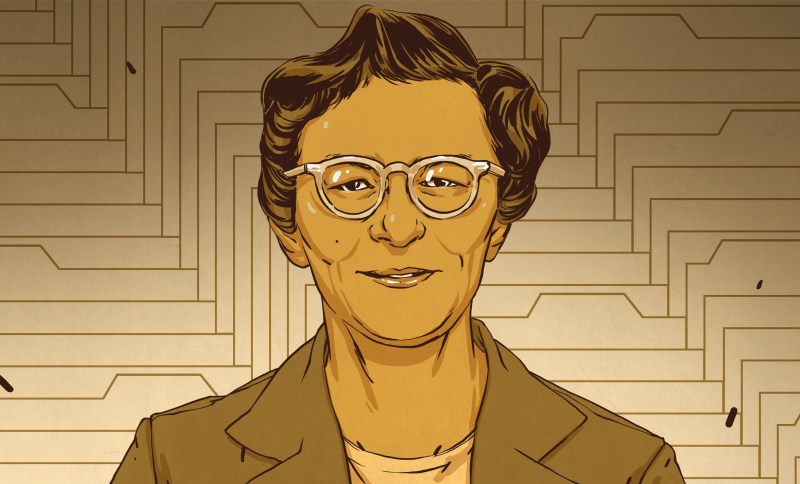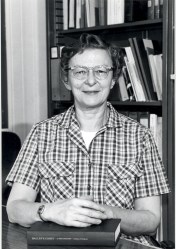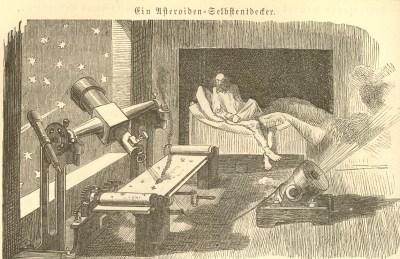Human Google: Ruth Freitag, Issac Asimov, and Bibliographies

You don’t often turn on a light and think, “That power company is sure on the ball!” You generally only think of them when the lights go out without warning. I think the same is true of search. You don’t use Google or DuckDuckGo or any of the other search engines and think “Wow! How awesome it is to have this much information at your fingertips.” Well. Maybe a little, but it is hard to remember just how hard it was to get at information in the pre-search-engine age.
I were thinking about this the other day when I read that Ruth Freitag had died last year. Ruth had the unglamorous but very important title of reference librarian. But she wasn’t just an ordinary librarian. She worked for the Library of Congress and was famous in certain circles, counting among her admirers Issac Asimov and Carl Sagan.

You might wonder why a reference librarian would have fans. Turns out, high-powered librarians do more than just find books on the shelves for you. They produced bibliographies. If you wanted to know about, say, Halley’s comet today, you’d just do a Google search. Even if you wanted to find physical books, there are plenty of places to search: Google Books, online bookstores, and so on. But in the 1970s your options were much more limited.
Turns out, Ruth had an interest and expertise in astronomy, but she also had a keen knowledge of science and technology in general. By assembling comprehensive annotated bibliographies she could point people like Asimov and Sagan to the books they needed just like we would use Google, today.
Author Mark Littman wrote Planets Beyond: Discovering the Outer Solar System. The book contains an article and picture of an automatic asteroid finder from 1873, and Littman writes:
When in this book you find the names of people never fully identified anywhere else, when you find the phrasing precise, you know you have encountered the touch of Ruth S. Freitag of the Library of Congress. She has at her fingertips the most amazing information. It was she who contributed the vignette on the automatic asteroid finder. Her encyclopedic knowledge and unfailing good spirits make me very fortunate indeed to have her as a friend and mentor.

She was fluent in several languages, including German and Italian. She even contributed to the computer-age with her work with computer programmer Henriette Avram on MARC, an electronic library format. She didn’t just bibliograph astronomy, either. The Battle of the Centuries, for example, covers debates on when a century starts and ends. So was the 20th century 1900-1999? Or 1901-2000? You can see a bit of Ruth’s personality in the bibliography which starts with a song from a 1900 issue of Punch called Song for the Year 1900.
Ruth was known for helping Carl Sagan while writing Comet and dined with the likes of Issac Asimov. She was an unusual woman for her time — spending 1945 to 1947 in China as part of the Army and working in London and Hong Kong at the American Embassy for six years. She graduated with a master’s in library science in 1959 and was recruited by the Library of Congress, where she remained until she retired in 2006.
As a young enough I remember seek out the older engineers at work for advice. Now, nine times out of ten, people will turn to the Internet instead. I wonder if Ruth felt the loss of that the same way we do?
Post a Comment